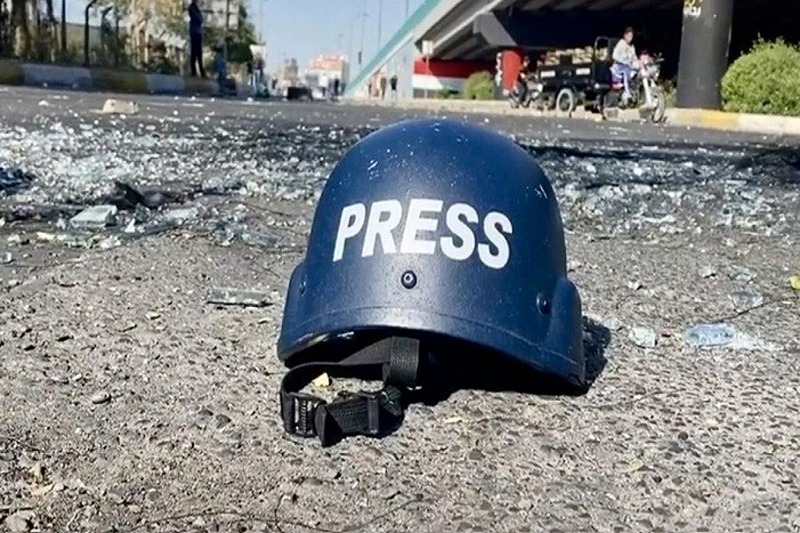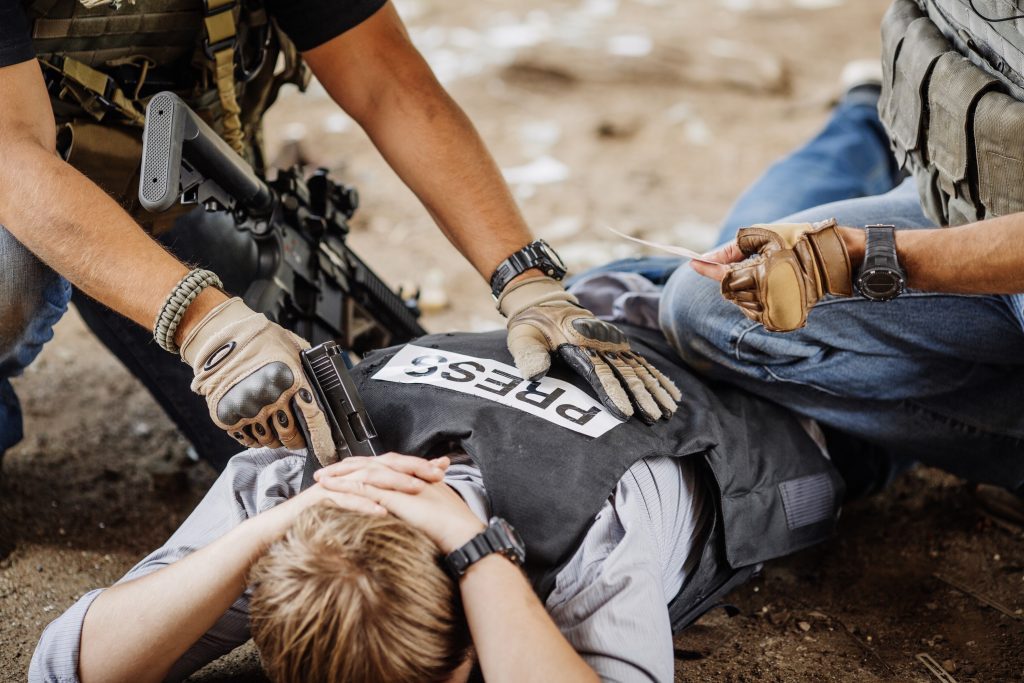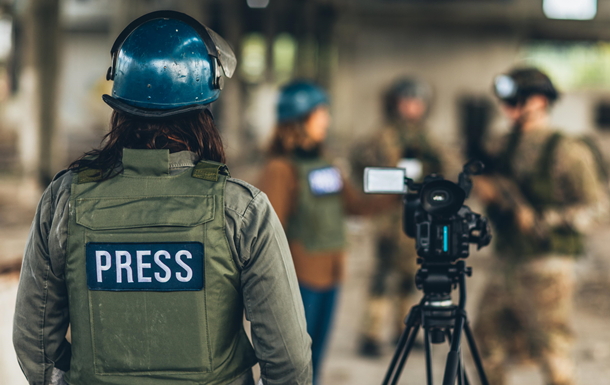Journalists trapped in the crisis between ECOWAS and Niger, Mali and Burkina Faso
For several months, unprecedented political tension has pitted the Economic Community of West African States (ECOWAS) against the trio formed by Niger, Mali and Burkina Faso. These three countries, having experienced regime changes through military coups, have moved away from traditional frameworks of regional cooperation, opposing pressures from ECOWAS more and more head-on. This situation has placed journalists in a delicate position, often perceived as agents of the parties in conflict, and exposed to pressures that threaten their independence and security.
Tensions between ECOWAS and these states have created an environment where journalists, whether local or foreign, find themselves trapped in the crossfire. In these countries in crisis, the media must juggle between military regimes increasingly suspicious of the press and an ECOWAS which tries to maintain its influence by denouncing authoritarian excesses.

In Niger, for example, after the July 2023 coup, several journalists were arrested or intimidated for criticizing the junta or relaying ECOWAS positions. In Mali and Burkina Faso, the authorities have introduced censorship measures, accusing certain media of being in the pay of foreign interests or of fueling hostile propagand.
ECOWAS, for its part, also exerts indirect pressure on journalists. It imposes economic and diplomatic sanctions which disrupt the functioning of local media, already weakened by lack of funding and censorship. In addition, journalists who cover these sanctions or relay the positions of the regional organization are often accused of treason by national authorities and their supporters.

Foreign media, for their part, are not spared. Several correspondents have been expelled or prevented from working freely in these countries. Military regimes sometimes perceive them as relays of Western propaganda, fueling a climate of distrust which limits the circulation of information.
Despite these obstacles, the populations of Niger, Mali and Burkina Faso are hungry for information, particularly in these times of crisis. Local journalists try to fulfill their mission despite the risks, but they often find themselves isolated, with little support from the international community.
The challenge is all the greater as misinformation proliferates. On social media, biased stories, sometimes fueled by state or non-state actors, take precedence over verified information. This situation endangers not only freedom of the press, but also the right of citizens to fair and impartial information.

In this context, voices are being raised to call for regional and international solidarity in favor of journalists operating in these crisis zones. Media rights organizations, such as Reporters Without Borders, are calling for the establishment of specific protection mechanisms.
It is urgent that the international community and regional actors commit to guaranteeing the safety of journalists and defending press freedom, an essential element for democracy and peace. Without this, there is a great risk that these countries will fall into total disinformation, to the detriment of their citizens and regional stability.
Ultimately, journalists should not be seen as enemies, but as essential actors in understanding and resolving this complex crisis.


